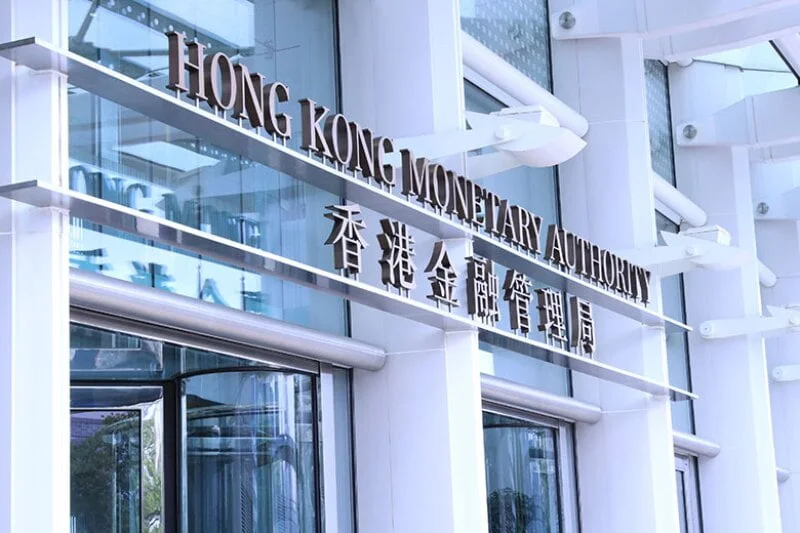The Hong Kong Monetary Authority (HKMA) banking regulator is pushing banks to embrace crypto exchanges to promote the city as a global hub for the crypto industry. However, banks are cautious due to regulatory uncertainties and potential risks.

According to a report by Reuters, the HKMA met with several lenders, including HSBC, Standard Chartered, and Bank of China, last month and questioned their reluctance to accept crypto exchanges as clients.
The HKMA stressed that due diligence on potential customers should not create an undue burden, especially for those setting up an office in Hong Kong to seek opportunities.
However, banks are walking a fine line between supporting crypto and exchanges and complying with international standards. They fear possible prosecution if the platforms are used for money laundering or other unlawful activities.
They are also wary of the US situation, where the Securities and Exchange Commission (SEC) has sued Binance and Coinbase, two of the world’s largest crypto exchanges, for violating US securities laws.
Hong Kong aims to be a Crypto Hub
Hong Kong has a history as a crypto center, but its position diminished in the wake of Beijing’s crypto crackdown, which began in 2017.
Nevertheless, Hong Kong has signaled that it wants to re-establish itself as a hub for the industry.
The government said in October that it intends to create a “facilitating environment” for digital assets groups.
As part of its efforts, Hong Kong has announced that it will implement a virtual asset service provider (VASP) licensing regime for crypto-asset activities conducted on exchanges by amending the Anti-Money Laundering and Counter-Terrorist Financing Ordinance.
The new regime will require all trading platforms and exchanges to apply for a license, failing which would result in fines and jail terms.
The HKMA is also monitoring the implications of crypto-assets from three dimensions:
- Stablecoins that can be used for payments.
- Investor protection relating to crypto-assets.
- The interface between crypto-assets and authorized institutions.
The HKMA has stated that it will regulate relevant entities and activities using a risk-based, “same risk, same regulation” framework.
